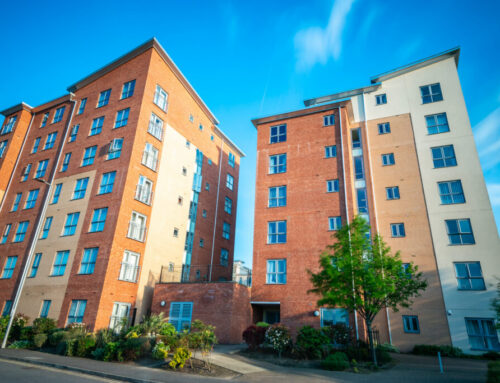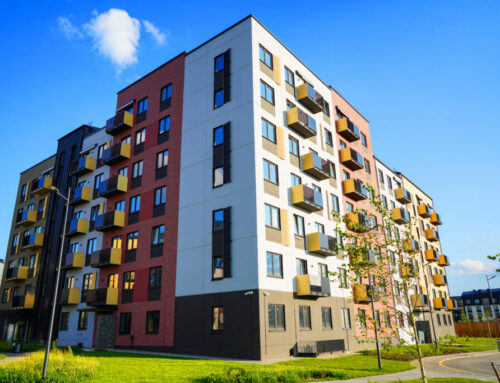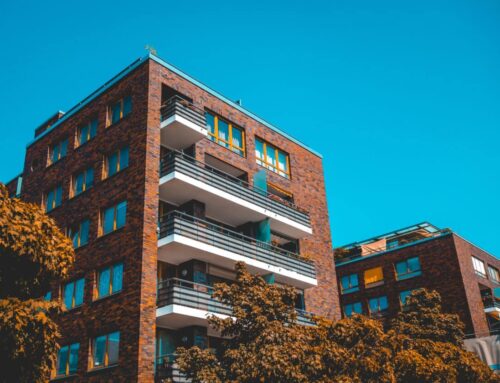Extending Your Block – The Beginning
Belinda Thorpe, MD of Residentsline starts at the beginning with lease extensions.
In the articles to follow you will find lots of information about the process and details relating to lease extensions and what you need to consider.
If this is something that you haven't considered or even of heard before we wanted to give you a refresher of the basics.
Why do I have to extend my lease?
A lease is a right to use "rent" the property for a set period of time. As your lease gets shorter the value of the Lease, and your home decreases and it becomes more expensive to extend the lease.
As the length of the unexpired term of a lease gets shorter, the premium payable to your landlord to extend the lease increases. If a lease has less than 80 years unexpired then marriage value is payable to the landlord could be significant.
A lessee may encounter difficulties if they want to sell their flat if the unexpired term is considered unmortgagable. Different lenders have different criteria but generally require an unexpired term of at least 70 years.
Another way of obtaining a long lease is to collaborate with other flat owners in the building to exercise the right to collective enfranchisement. Once the freehold has been acquired an extended lease (usually 999 years) will generally be granted to the participants.
How long can I extend my lease for?
The right under the Leasehold Reform, Housing and Urban Development Act 1993 is to add 90 years to what is left on your existing lease.
For example, if you currently have 60 years left until your lease expires when you extend your lease you new lease will be for a period of 150 years.
If you are looking to extend your lease to an alternative number of years you will need to negotiate with your freeholder/landlord.
When is the best time to extend my lease?
Unfortunately your lease is a wasting asset as whilst its term reduces so does the value of your flat.
However when the term reaches 70 years or less it is more difficult to obtain a mortgage and it becomes difficult to sell so it can reduce in value.
By extending your lease you will prevent the value from decreasing and this is the main reason why leaseholders extend their leases. Unfortunately the longer you leave it to extend your lease the more expensive it becomes, so timing is very important.
The value of a lease extension is based on a number of things including the current value of your asset, whilst property values are low, this should enable you to obtain a lower price to extend your lease that you would have whilst property values were increasing.
How is my lease extension calculated?
The valuation formulae are complex but are primarily based on compensation for loss of ground rent and the length of the unexpired term. As specified above it is very important to be aware if the lease has less than 80 years left at the date the Notice is served on the competent landlord, the lessee must also pay Marriage Value which will increase the premium.
Who is involved with a lease extension?
This is key to extending your lease. It is essential that the solicitor and surveyor engaged have proven expertise in leasehold enfranchisement. The professionals listed will need to work as part of a team to achieve the common goal of extending the lease on the best possible terms.
What do you pay when you extend your lease?
The lessee will pay their own legal and valuer's costs and, in complex cases, often those of the Barrister.
There will be Stamp Duty Land Tax payable if the premium is over £125,000, as well as Land Registry fees and other disbursements such as search fees. The ultimate cost will depend on a number of factors including the complexity of the transaction and how long it takes, and importantly whether or not it is necessary for the matter to be referred to the First-tier Tribunal.
Section 60 of the 1993 Act sets out those costs that are recoverable from the lessee on completion.
The lessee is also liable to pay the landlord's reasonable legal and valuation fees. Legal fees are limited to the costs associated with considering the Notice, requesting deduction of title and the statutory deposit, requesting access details for the purposes of the valuation and dealing with all aspects of the conveyance through to completion. Also the surveyor's fee for carrying out the valuation is recoverable from the lessee.
Belinda Thorpe is the Managing Director of Residentsline providing insurance for blocks of flats and apartments.
Celebrating over 22 years in business, Residentsline range of policies include: Buildings Insurance, Directors & Officers Liability Insurance, Lift Inspection and Insurance, Terrorism Insurance, and Landlords Insurance. All of Residentsline policies are designed to provide market-leading protection at the best possible price.




Leave A Comment